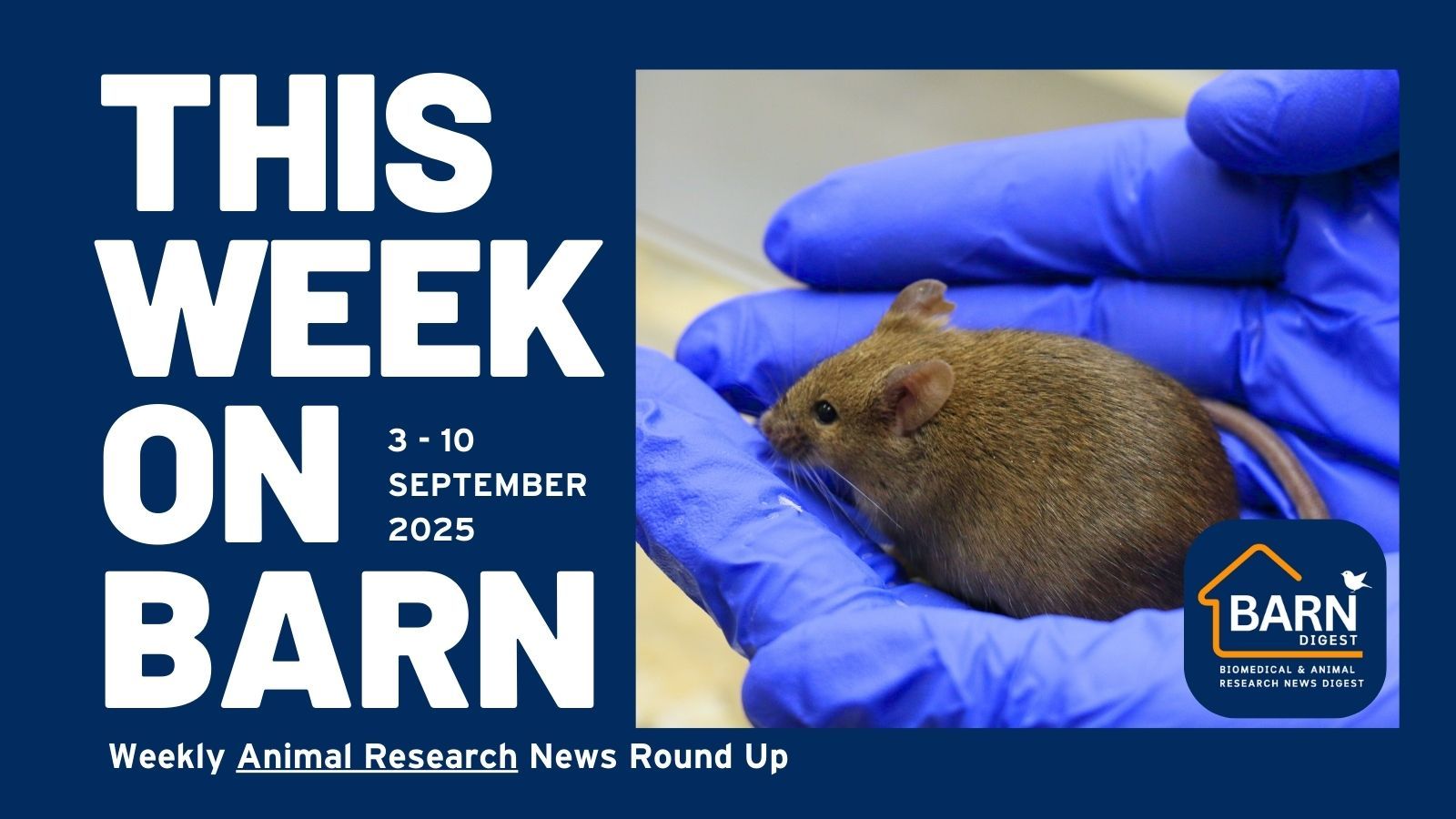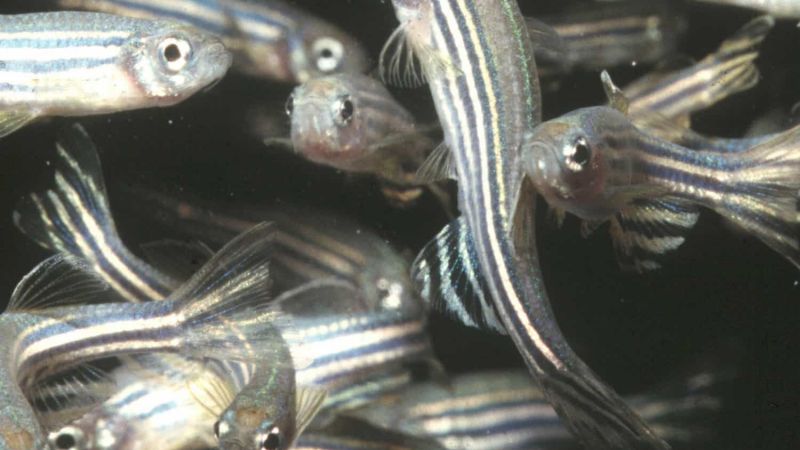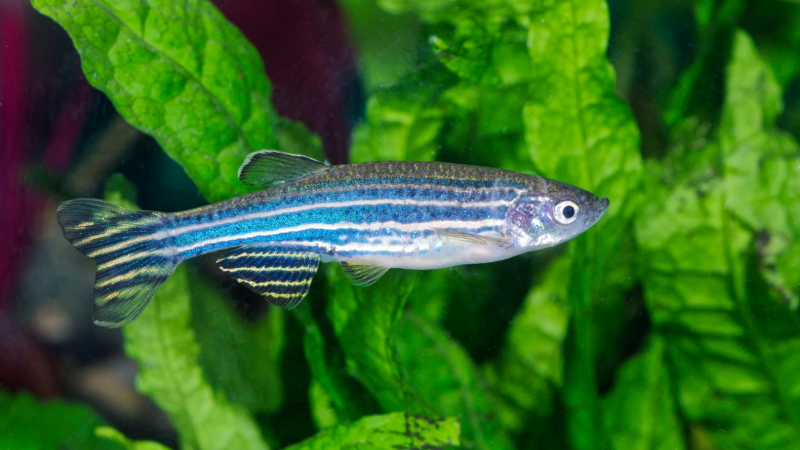
The Biomedical Animal Research News (BARN) Digest collates animal research news from UAR’s 150+ member organisations into one, easy to access, feed. These animal research related stories include topics such as: medical studies and advancements; animal welfare and 3Rs news; funding, regulatory, and policy news; and conservation and environmental research that involves animal testing.
Each week, we pick the most interesting, groundbreaking, and important news to feature in a weekly news roundup. In this round up we feature news stories from 3 - 10 September 2025.
View BARN to see daily news updates from UAR members.
DISCOVERY / BASIC RESEARCH
First detailed map of brain activity reveals decision-making in mice
WELLCOME, UCL | MICE
"An international collaboration of scientists has shared the first detailed map of brain activity in decision-making in mice. The resource is open to all and could lead to new knowledge about how the brain works.
How do we make decisions, and which parts of the brain do we use? It’s a complex and long-unanswered question. Now, scientists at the International Brain Laboratory (IBL) have mapped the entire neural activity of decision-making in mice which could lead to answers.
This is the first time anyone has produced a whole brain activity map of individual neurons, with previous maps only showing parts of the brain. It could improve our understanding of how the brain works which, in future, could be useful for treating cognitive disorders. "
https://wellcome.org/news/first-detailed-map-brain-activity-reveals-decision-making-mice
https://www.ucl.ac.uk/news/2025/sep/complete-brain-activity-map-revealed-first-time
Pressure flips the switch on cancer cells
UNIVERSITY OF OXFORD | ZEBRAFISH
"A new study published in Nature reveals that the mechanical environment surrounding a tumour can cause cancer cells to change their behaviour, triggering a switch from rapid growth to a more invasive, drug-resistant state.
Using a zebrafish model of melanoma, the authors show that when tumour cells are tightly confined by surrounding tissues, they undergo structural and functional changes. Rather than continuing to divide rapidly, the cells activate a program of ‘neuronal invasion’, enabling them to migrate and spread into the surrounding tissue.
The findings highlight the role of the tumour microenvironment in shaping cancer cell behaviour, showing how physical cues can drive cells to reorganise their cytoskeleton, nucleus and chromatin architecture in order to shift between states of growth and invasion. Crucially, the study also demonstrates how physical stress can act as a potent and underappreciated driver of epigenetic change."
https://www.ox.ac.uk/news/2025-08-28-pressure-flips-switch-cancer-cells
Institute immunologists uncover new process important for antibody diversity
BABRAHAM INSTITUTE | MICE
"Work just published by the Corcoran lab at the Institute has described a mechanism estimated to be responsible for shaping the generation of up to half of all antibodies produced by our immune system. The research answers a long-standing question about how cells manage antibody quality control in developing B cells. The discovery may also be relevant to explaining the decreased antibody repertoire seen in older people.
This research used mice as a source of developing B cells from bone marrow. Cells were isolated from femurs and tibias after mice were humanely killed."
https://www.babraham.ac.uk/news/2025/09/institute-immunologists-new-process-antibody-diversity
MEDICINES
New ‘off-the-shelf’ immunotherapy shows promise for treating high-risk childhood leukaemia
UNIVERSITY OF OXFORD, IMPERIAL COLLEGE LONDON, UNIVERSITY OF GLASGOW | MICE
"Scientists at the University of Oxford, together with colleagues at Imperial College London and the University of Glasgow, have developed a new type of immunotherapy that could improve outcomes for infants and children with high-risk leukaemia.
In this study, the research team tested a modified therapy called CAR-iNKT. This modified therapy uses a different type of cell to the standard CAR-T therapy called invariant natural killer cells (iNKT cells), which can be created from healthy donors and stored in advance, making them “off-the-shelf”. Having treatment readily available in this way can be especially important in high-risk leukaemia in children, where the cancer may be rapidly progressing.
For the new therapy, developed using funding from Cancer Research UK and Children with Cancer UK, researchers engineered CAR-iNKT cells to recognise two markers together on the high-risk leukaemia cells called CD19 and CD133. This two-target approach was highly effective when tested in mice; leukaemia cells were completely eradicated and mice remained free of leukaemia. In comparison, standard CAR-T therapy could only remove leukaemia for a few weeks before it returned."
Forgotten drugs could target a neglected disease
THE FRANCIS CRICK INSTITUTE | MICE
"Scientists have uncovered how a dangerous parasite uses its human hosts to survive and discovered a potential treatment in an abandoned drug, offering new hope for a neglected disease.
They conducted a genome-scale screening experiment using CRISPR genetic editing, which involved systematically disabling nearly 20,000 protein-coding genes in human intestinal cells one by one. They infected the cells with Cryptosporidium to see how each gene affected the survival of the parasite.
Having identified a key survival route, the team then looked at a way to cut off this lifeline. When the team searched through drugs that target cholesterol production, they found a previously abandoned drug that showed promise because it directly blocks squalene production. When mice infected with Cryptosporidium were given the drug, called lapaquistat, it reduced the infection and stopped further intestinal damage. "
https://www.crick.ac.uk/news/2025-07-23_forgotten-drugs-could-target-a-neglected-disease
MEDICAL DEVICES
New ultrasound helmet enables deep brain stimulation in people without surgery
UCL, UNIVERSITY OF OXFORD | DEEP BRAIN STIMULATION ORIGINALLY DEVELOPED THROUGH ANIMAL STUDIES
"An ultrasound device that can precisely stimulate areas deep in the brain without surgery has been developed by researchers from UCL and the University of Oxford, opening up new possibilities for neurological research and treatment of disorders such as Parkinson’s disease."
REPLACING ANIMALS IN RESEARCH
The RVC furthers development and use of organ-on-a-chip technology through partnership with Emulate
RVC | REPLACEMENT TECHNOLOGIES
"The Royal Veterinary College (RVC) has signed a memorandum of understanding (MoU) with Emulate, Inc. to build on prior RVC research into Organ-on-a-Chip (Ooc) technology and support the development of animal species-specific Organ-Chip models.
While these technologies are already used in some human disease research, OoCs are only starting to be applied in veterinary medicine and have the potential to significantly advance a personalised medicine approach for companion animals and disease prevention and vaccine development for farm animals, as examples. Similarly, this research and development of these technologies can further inform similar approaches in human medicine in a true OneHealth approach."
Visit BARN for daily news updates
Last edited: 20 October 2025 13:21




